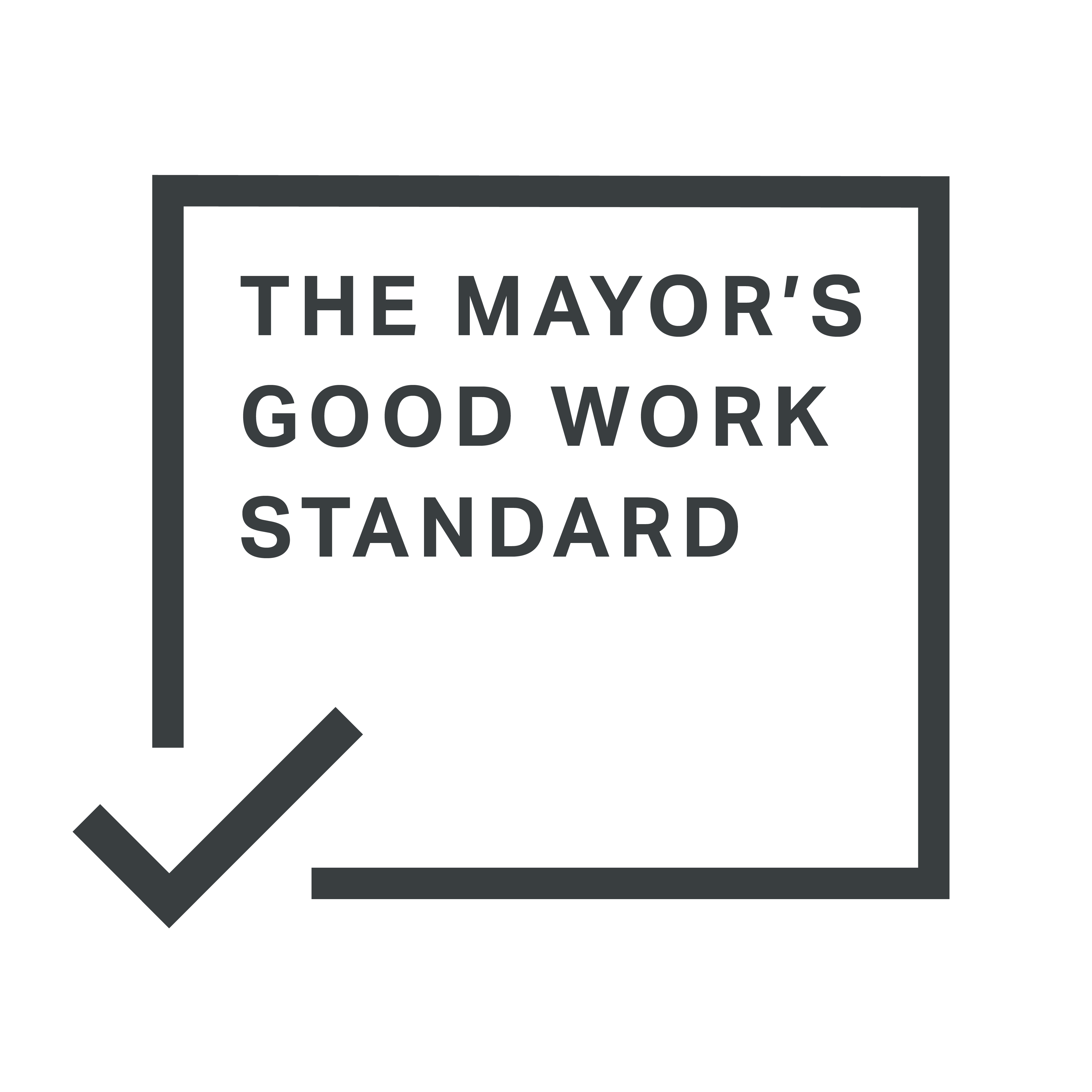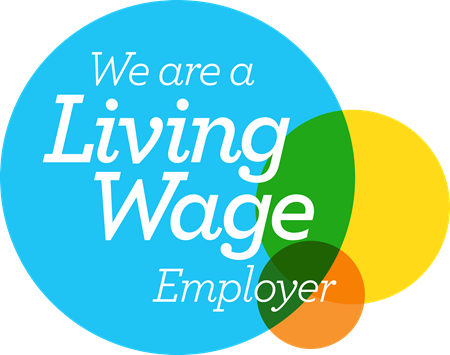18 June 2020
Clean Air Day, due to take place today, may have been cancelled due to the Coronavirus pandemic but let’s celebrate the improvements in air quality that it has brought about.
The Covid19 pandemic has produced one major side effect: the air circulating our planet got significantly better in quality, as a result of a cut back in human activity particularly in transport. Traffic levels on the roads at one point dropped to levels last seen in 1955. There were immediate benefits for sufferers of respiratory illnesses such as asthma. Local authorities making plans for clean air zones have had their plans scuppered as previously unimagined improvements have come about almost overnight. Reductions in private transport activity have made for safer environments for cyclists and pedestrians. Governments around the world have responded by promising to make things easier for cyclists and pedestrians, and there have been notable initiatives in London. Environmental groups have led the call for attempting to capture the benefits of better air quality and road conditions for cyclists and pedestrians.
But recovery from the economic impacts of the Covid virus (even though there may be a link to the severity of the disease associated with poor air quality), is prompting a rise in road traffic in the midst of public fears about the safety and cleanliness of public transport.
Such a rise could be a significant deterrent to new cyclists and walkers who might previously have used public transport or cars leading to a worse position, particularly in cities in relation to air quality and perceptions of safety.
In the short term, the public needs to be reassured that public transport is safe and clean to use, to be encouraged to work from home where possible, and to shop and use local services. Cycle routes and pedestrian friendly pavements free from clutter need to be kept and reinforced (even simple measures like a road closure help).
Longer term investment needs to continue in public transport capacity and safety, addressing consumers’ top priorities of reliability, capacity and value for money, as well as taking people where they want to go, and giving people the choice not to own a private car, even if it is a greener and cleaner model.
This may involve a rethink around land use planning and an encouragement to use car parking space for housing or for gardens, either public or private to give that quality of environment feel.
The Covid pandemic has shown that things that were previously unthinkable, could be possible, let’s see what we can achieve with a bit of thought and commitment.








